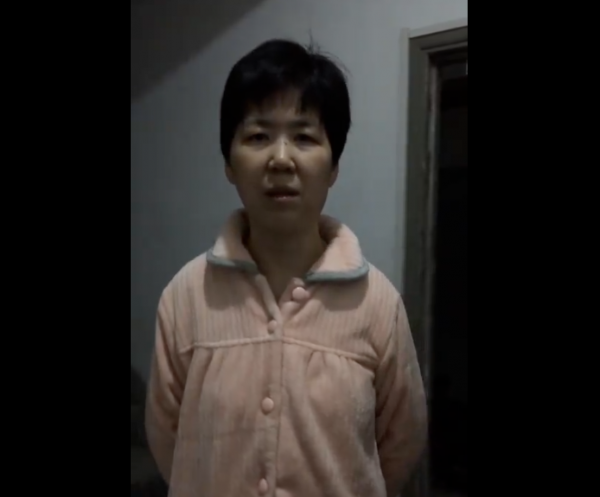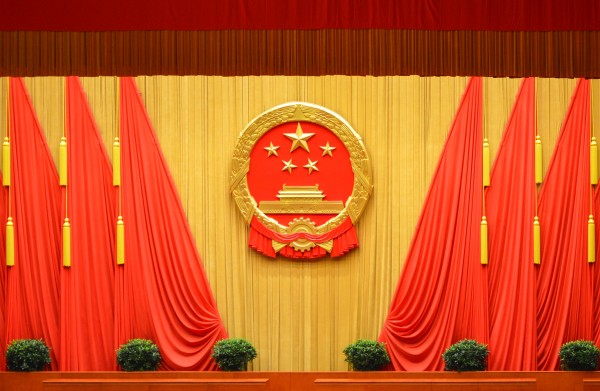At the start of 2013, China’s Southern Weekly newspaper wrote an editorial imploring the ruling Party to live-up to its reforms. But the appeal was revised by a provincial chief into a paean to the Communist Party.
As a response, the journalists at Southern Weekly penned a series of memos calling for the swift removal of the local chief, Tuo Zhen.
If the calls for the removal of Tuo Zhen are successful, the tide may shift in the way press restrictions are handled across China.
A slew of protests also erupted in solidarity with the staff at Southern Weekly, which caused embarrassment for senior officials in Beijing.
“IPI praises the journalists at the Southern Weekly for their courage in reminding the Chinese government that, while press freedom will certainly not be granted tomorrow nor any time soon in China, they will also not accept to give up the limited editorial independence they have gained over the past 30 years,” IPI Press Freedom Manager Barbara Trionfi said.
“Editorial independence is a core value,” she added.
The editors of Southern Weekly are known to be progressive in their views and often publish bold editorials underscoring the rights of Chinese citizens guaranteed per the Constitution. Ironically, citizens exercising those rights are often prosecuted.
After the editors submitted the final version of their editorial, it was modified by the provincial propaganda chief to praise the Communist Party. The revision of the title reflects Tuo Zhen’s reverence for the Party: “We Are Now Closer to Our Dream Than Ever Before” .
While press censorship in the People’s Republic is standard practice, the revision by Tuo Zhen was blunt. Journalists were quick to respond by threatening to walk out while the story received huge attention on the Web.
The government’s response was cautionary: the provincial government said it would stop meddling with the content of the newspaper – but the government retains the authority to sanction.
In addition, the Central Propaganda Department in Beijing issued an “urgent memo” to party officials and media executives noting that no major alterations to the system would be made.
“No reporters lost their jobs and the local Communist Party bureaucrats who control what can be put in print have relaxed their grip slightly,” reported Robert Keatley of The National Interest.
What the future holds for Chinese press freedom is still uncertain, but the progressive journalists at Southern Weekly have certainly succeeded in challenging the status quo.


